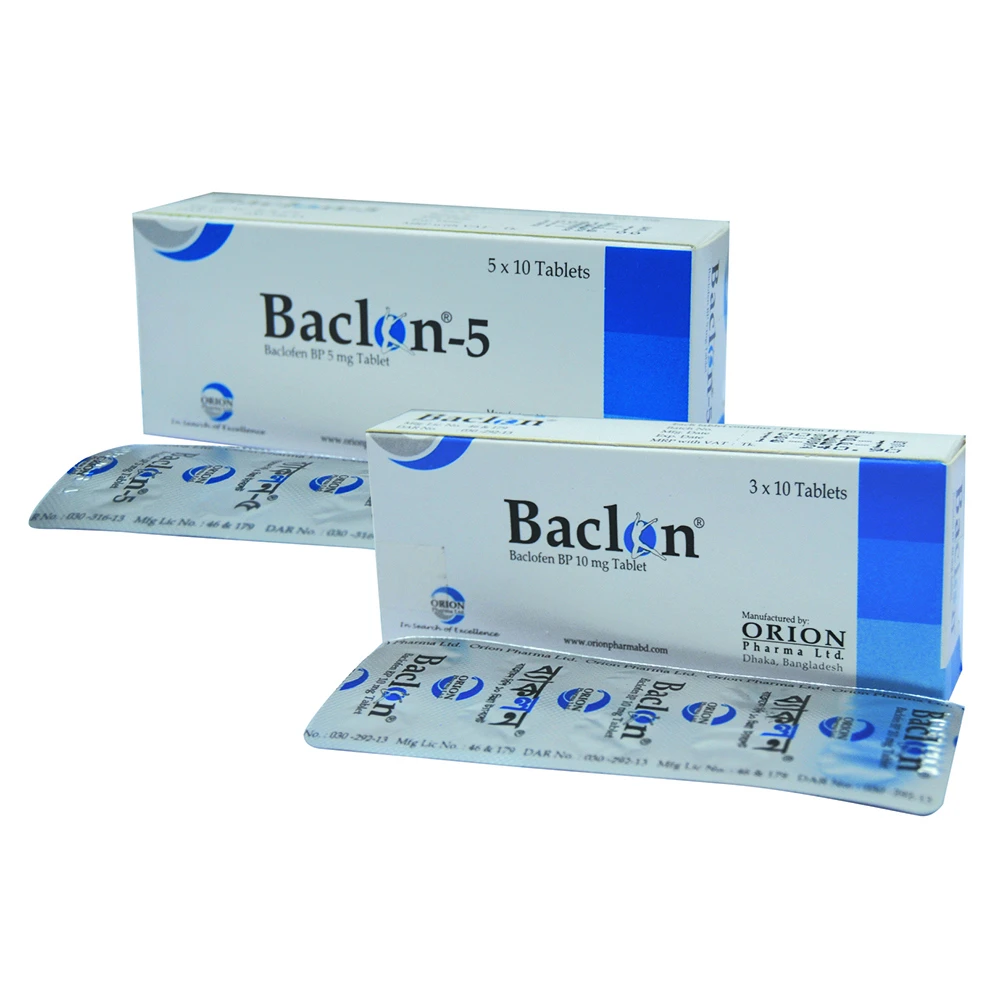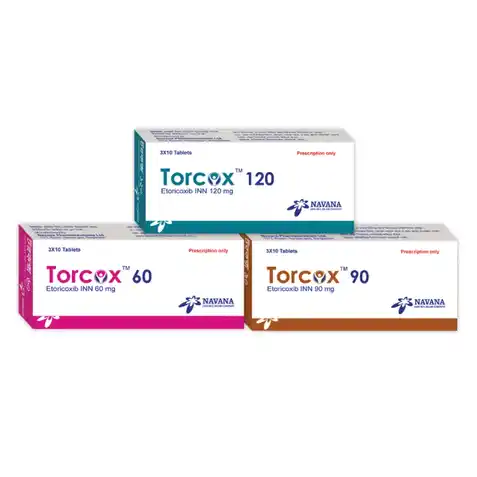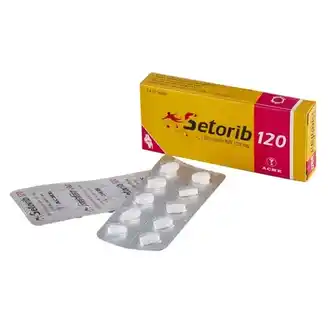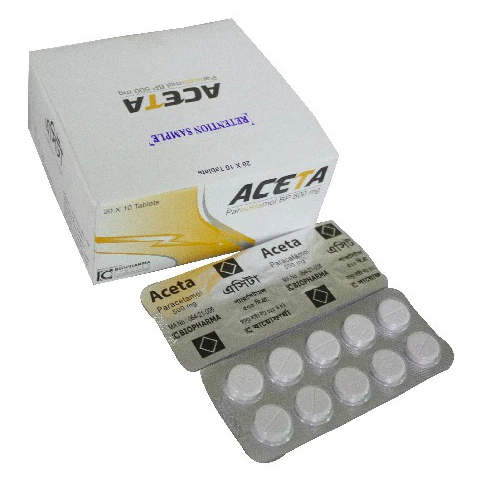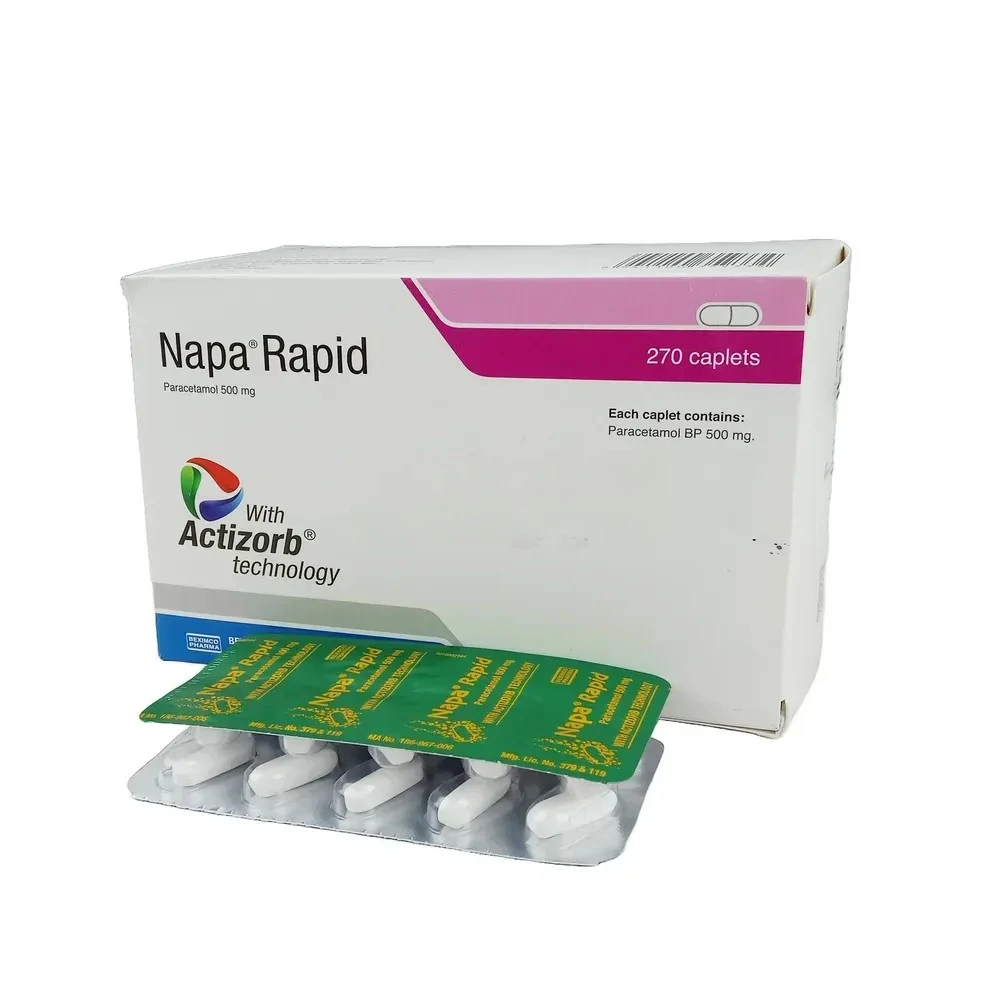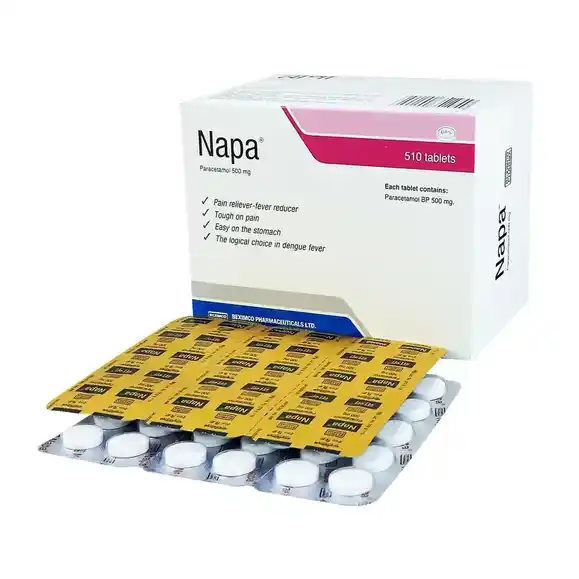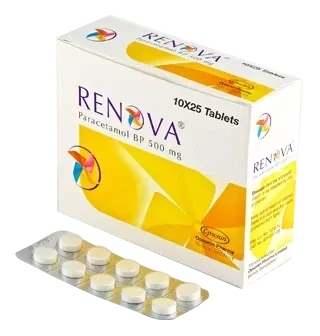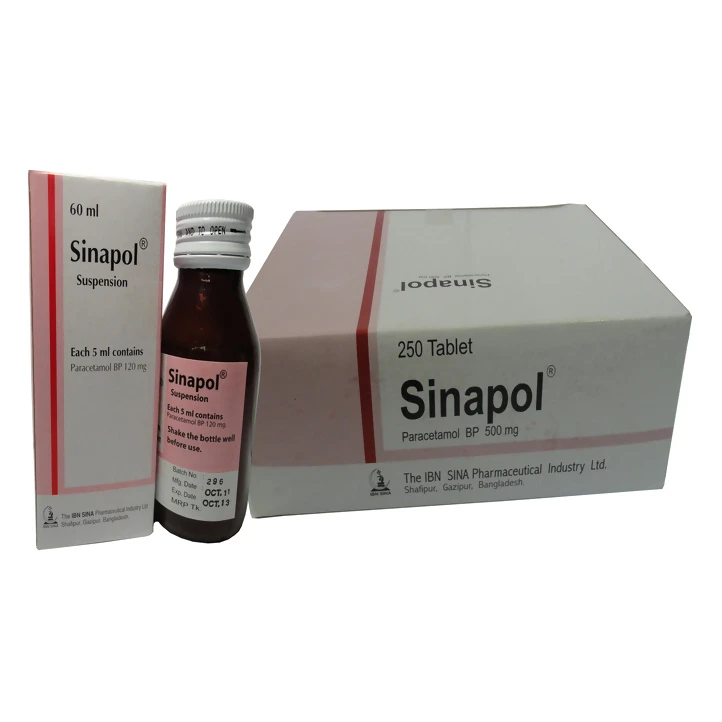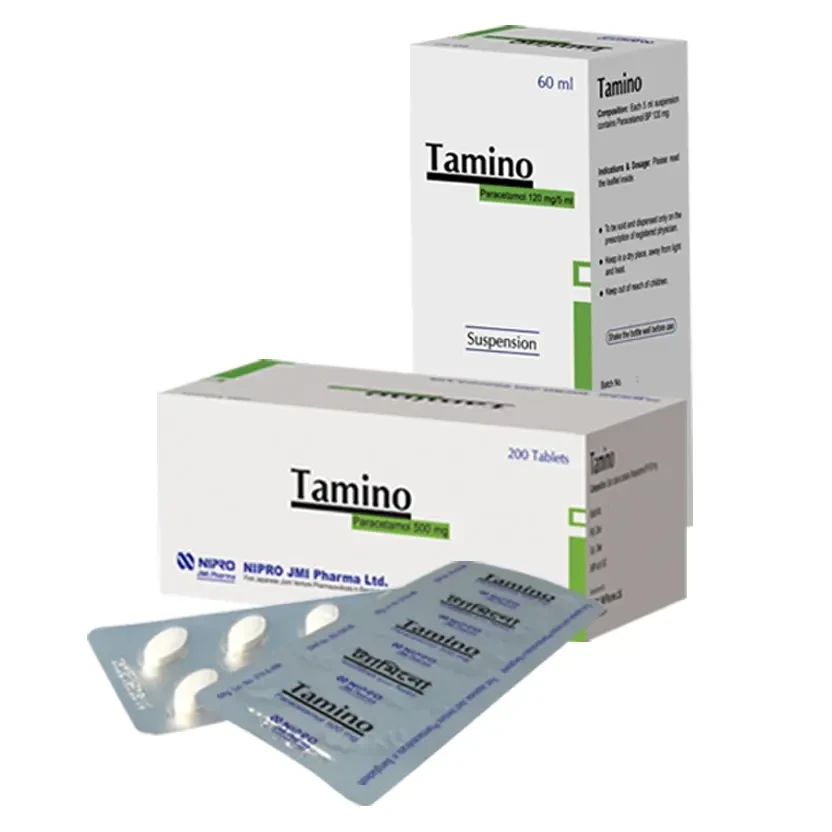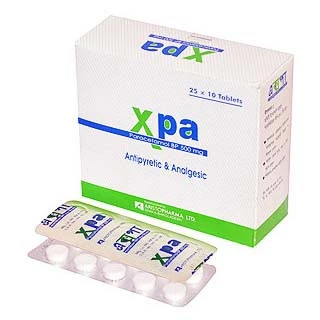Indications
spasticity resulting from multiple sclerosis
flexor spasms and concomitant pain, clonus and muscular
rigidity
skeletal muscle spasm resulting from rheumatic disorders
spinal cord injuries and other spinal cord diseases
cerebrovascular accidents or neoplastic or degenerative
brain disease
* রেজিস্টার্ড
চিকিৎসকের পরামর্শ মোতাবেক ঔষধ সেবন করুন'
Pharmacology
- Baclofen inhibits both monosynaptic and polysynaptic
reflexes at the spinal level by stimulating the GABAB receptors, which inhibits
the release of glutamate and aspartate. It may also act at intraspinal sites
producing CNS depression. Baclofen also exerts an antinociceptive effect.
Dosage & Administration
- Adult & children over 10 years: 5 mg 3 times daily,
preferably with or after food, gradually increased; max. 100 mg daily.
Children <10 years: Treatment is usually started with 2.5
mg (2.5 ml) given 4 times daily then raised according to requirement. Daily
maintenance dose-
12 month-2 years: 10-20 mg (10-20 ml)
2 years-6 years: 20-30 mg (20-30 ml)
6 years-10 years: 30-60 mg (30-60 ml)
*রেজিস্টার্ড
চিকিৎসকের পরামর্শ মোতাবেক ঔষধ সেবন করুন'*
Interaction
- Increased sedation may occur if Baclon is taken with agents
acting on the central nervous system, alcohol or synthetic opiates. The risk of
respiratory depression is also increased.
Combined treatment with Baclon and antihypertensives is
likely to increase the fall in blood pressure; therefore the dosage of
antihypertensive medication should be adjusted accordingly.
The concomitant administration of Baclon and tricyclic
antidepressants may potentiate the pharmacological effects of Baclon resulting
in pronounced muscular hypotonia.
In patients with Parkinsons disease receiving treatment with
Baclon and levodopa and carbidopa, there have been several reports of mental
confusion, hallucinations, headaches, nausea and agitation.
The concurrent use of MAO inhibitors and Baclon may result
in increased CNS depressant effects. Caution is advised and the dosage of one
or both agents should be adjusted accordingly.
Caution should be exercised when administering Baclon and
magnesium sulphate or other neuromuscular blocking agents since a synergistic
effect may theoretically occur.
Contraindications
- Baclofen is contraindicated in patients with
hypersensitivity to any component of this product.
Side Effects
- The most common adverse reactions associated with Baclon are
transient drowsiness, daytime sedation, dizziness, weakness and fatigue.
- Central Nervous System: Headache (<10%), insomnia
(<10%), and rarely, euphoria, excitement, depression, confusion,
hallucinations, paraesthesia, nightmares, muscle pain, tinnitus, slurred
speech, co-ordination disorder, tremor, rigidity, dystonia, ataxia, blurred
vision, nystagmus, strabismus, miosis, mydriasis, diplopia, dysarthria,
epileptic seizures, respiratory depression.
- Cardiovascular: Hypotension (<10%), rare instances of
dyspnoea, palpitation, chest pain, syncope.
- Gastrointestinal: Nausea (approximately 10%), constipation
(<10%) and rarely, dry mouth, anorexia, taste disorder, abdominal pain,
vomiting, diarrhoea and positive test for occult blood in stool.
- Genitourinary: Urinary frequency (<10%) and rarely,
enuresis, urinary retention, dysuria, impotence, inability to ejaculate,
nocturia, haematuria.
Other: Instances of rash, pruritus, ankle oedema, excessive
perspiration, weight gain, nasal congestion, visual disturbances, hepatic
function disorders and paradoxical increase in spasticity. Muscular hypotonia
of a degree sufficient to make walking or movement difficult may occur but is
usually relieved by readjusting the dosage. For this purpose, the daytime
dosage may be reduced and the evening dosage increased.
Pregnancy & Lactation
- Pregnancy category B3. Safe use of Baclofen during pregnancy
has not been established. Baclofen crosses the placental barrier. Baclofen
should only be administered to pregnant women when in the judgement of the
physician concludes that the potential benefits outweigh the possible hazards.
Baclofen is excreted in breast milk however evidence to date suggests that the
quantities are so small that no undesirable effects on the infant would be
expected.
Precautions & Warnings
- Lower doses (approximately 5 mg per day) should be used for
patients with impaired renal function or those undergoing chronic
haemodialysis.
Patients suffering not only from spasticity but also from
psychotic disorders, schizophrenia, depressive or manic disorders or
confusional states should be treated cautiously and closely monitored as
exacerbations of these disorders may occur.
In patients with epilepsy and muscle spasticity, Baclon may
be used under appropriate supervision and provided that adequate anticonvulsive
therapy is continued. Lowering of the convulsion threshold may occur and
seizures have been reported after the cessation of Baclon therapy or with
overdose.
Baclon should be used with caution in patients with or with
a history of peptic ulcers, cerebrovascular diseases, or hepatic, renal or
respiratory failure.
Careful monitoring of respiratory and cardiovascular
function is essential especially in patients with cardiopulmonary disease and
respiratory muscle weakness.
During treatment with Baclon, neurogenic disturbances
affecting emptying of the bladder may improve. However in patients with
preexisting sphincter hypertonia, acute retention of urine may occur. Baclon
should be used with caution in these circumstances.
Baclon has not significantly benefited patients with stroke.
These patients have also shown poor tolerance to the medicine.
Appropriate laboratory tests should be performed
periodically in patients with hepatic diseases or diabetes mellitus to ensure
that no medicine induced changes in these underlying diseases have occurred.
Overdose Effects
- Gastric lavage is important in case of severe overdose.
Therapeutic Class
- Centrally acting Skeletal Muscle Relaxants
Storage Conditions
- Keep below 30°C temperature, away from light & moisture.
Keep out of the reach of children.



